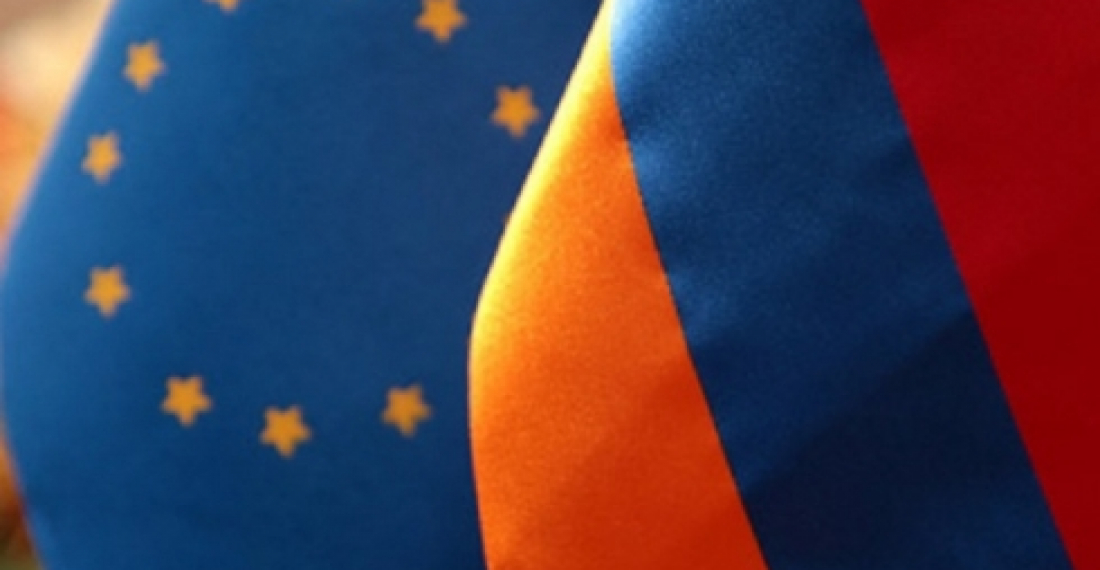- Armenia-Azerbaijan Strategic Expert Platform: Members emphasise the importance of the present moment for the South Caucasus and call for the momentum to be used for the long-term peace and prosperity of the region
- Thursday Interview: Dr. Anar Valiyev
- Food insecurity in Somalia has nearly doubled in the past year
- Türkiye evaluating potential measures in case of a US-Iran conflict
- European Parliament reaffirms support for Ukraine and EU Path
- EU moves ahead with Ukraine loan preparations despite Hungarian block
Armenia to lift visa requirements for EU citizens from 1 January.

The Deputy Foreign Minister of Armenia, Shavarsh Kocharian, has told a session of the Armenian government on Thursday, that with effect from 1 January 2013, Armenia will unilaterally lift entry visa requirements for European Union citizens wishing to visit.
Kocharian told the government session that the move will help develop relations between Armenia and the EU member states and will also help increase tourism from Europe. The Deputy Foreign Minister said that Armenia hoped that EU countries will reciprocate soon and lift visa requirements for Armenian visitors to enter Europe.
The new arrangement applies to the 27 member states of the EU, as well as Switzerland, Norway, Liechtenstein and Iceland.
Commonspace.eu political editor said in a comment that the decision will significantly contribute towards better relations between the EU and Armenia since it will strengthen people to people contacts. For some time it had already been easy for EU citizens to get an Armenian visa at the point of entry and the move to lift the visa requirement is largely symbolic. Georgia lifted visa requirements for EU citizens several years ago. In the South Caucasus Azerbaijan remains now the only country requiring visas from EU citizens. Procedures for obtaining Azerbaijani visas have become more complicated in the last two years after Azerbaijan stopped issuing visas at the point of arrival. It often takes up to two weeks for a visa to be issued.
source: commonspace.eu with mediamax








